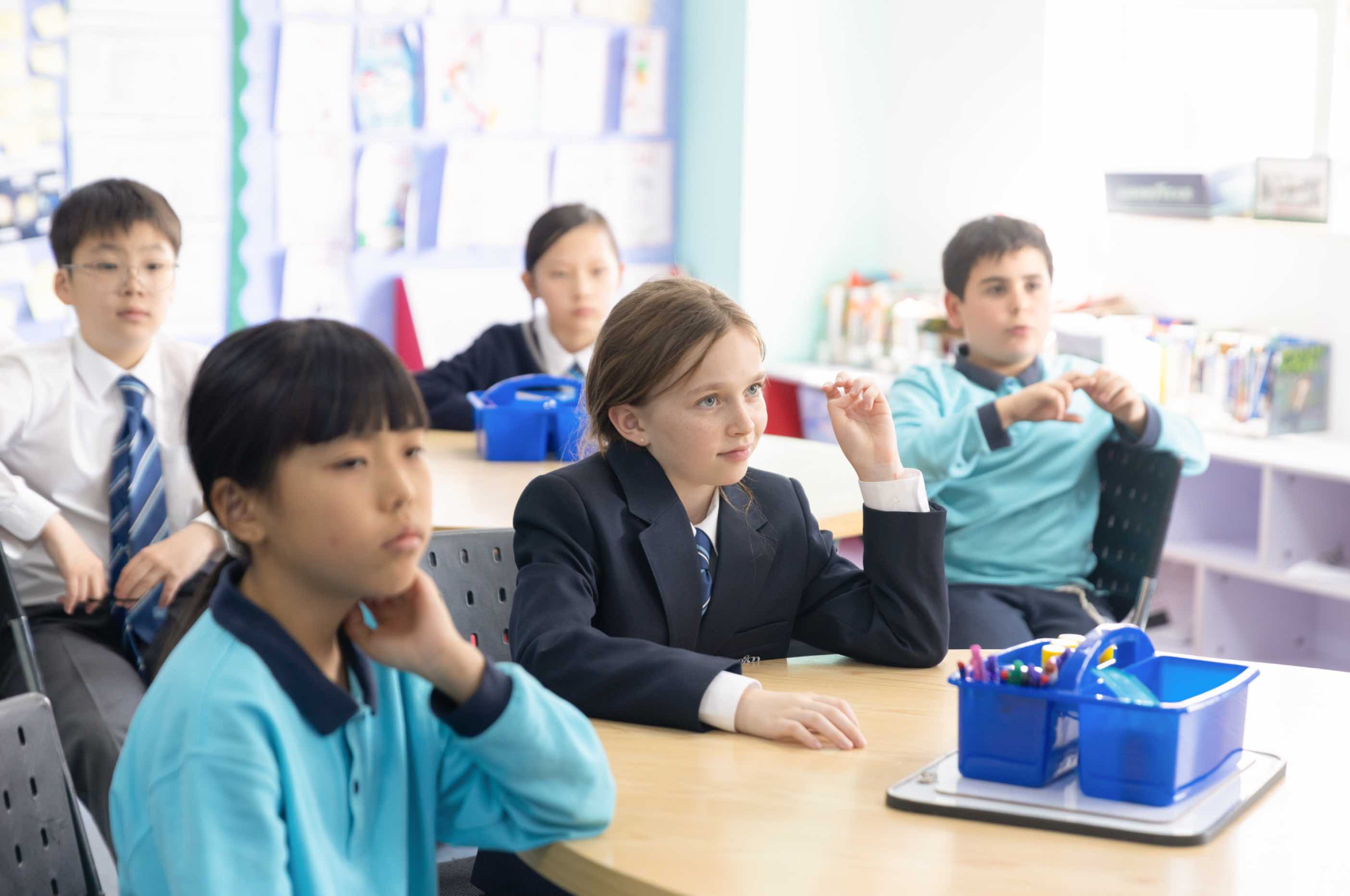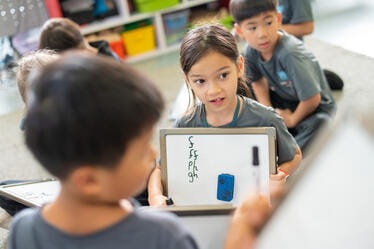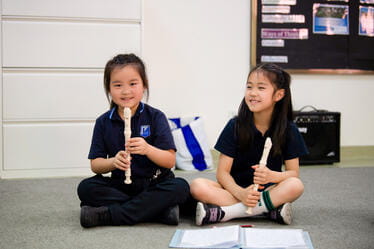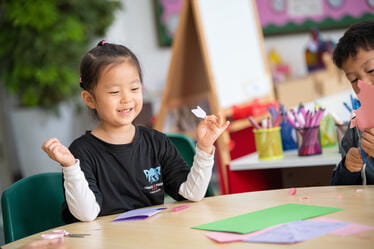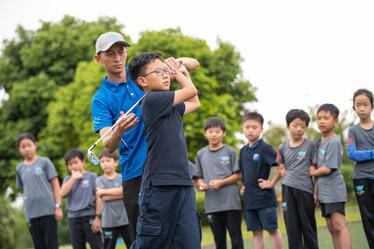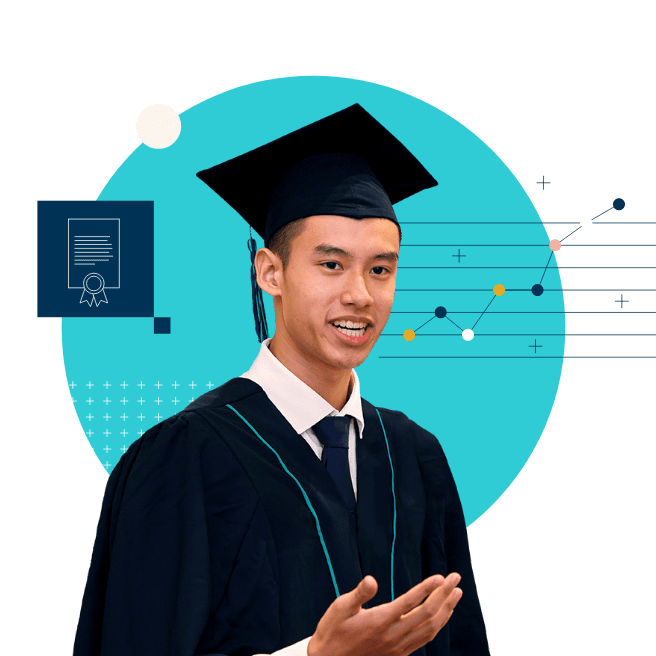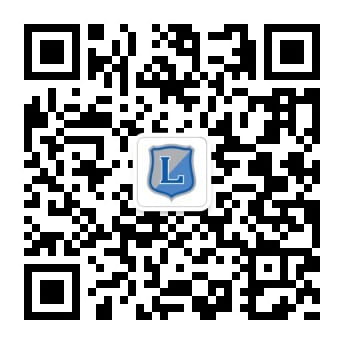Our Lower Primary School
The Lower Primary phase in our International Primary School consists of three year groups: Years 1, 2, and 3. During Year 1, we build on our students’ previous lessons in the areas covered by the Early Years Foundation Stage curriculum in Nursery and Reception.
We then teach the key areas of Guided Reading, Phonics, and Mental Maths. We place a strong emphasis on the development of core skills in Numeracy and Literacy. Teachers ensure that these fundamental building blocks are incorporated throughout lessons and reinforced regularly.
We group other subjects – such as Science, History, Geography, Design Technology, and Computing – into topics within the context of the IPC. Teachers plan themes that reflect the interests of the children in each class, and balance creative and physical activities, ensuring that the curriculum develops the whole child.
We plan our Primary School curriculum carefully with long-, medium-, and short-term goals for our pupils. Our teachers take a creative and practical approach to develop our students’ natural curiosity and to foster their desire to learn, think, and take appropriate risks.
We strive to ensure that all our students are achieving at a high level. Thus, we carefully plan their learning and development around their individual needs and interests, using modern assessment methods so they make continuous progress. This includes Assessment for Learning (AFL) techniques, including self- and peer-assessment, as well as sharing criteria, so each child knows what to do to progress.



